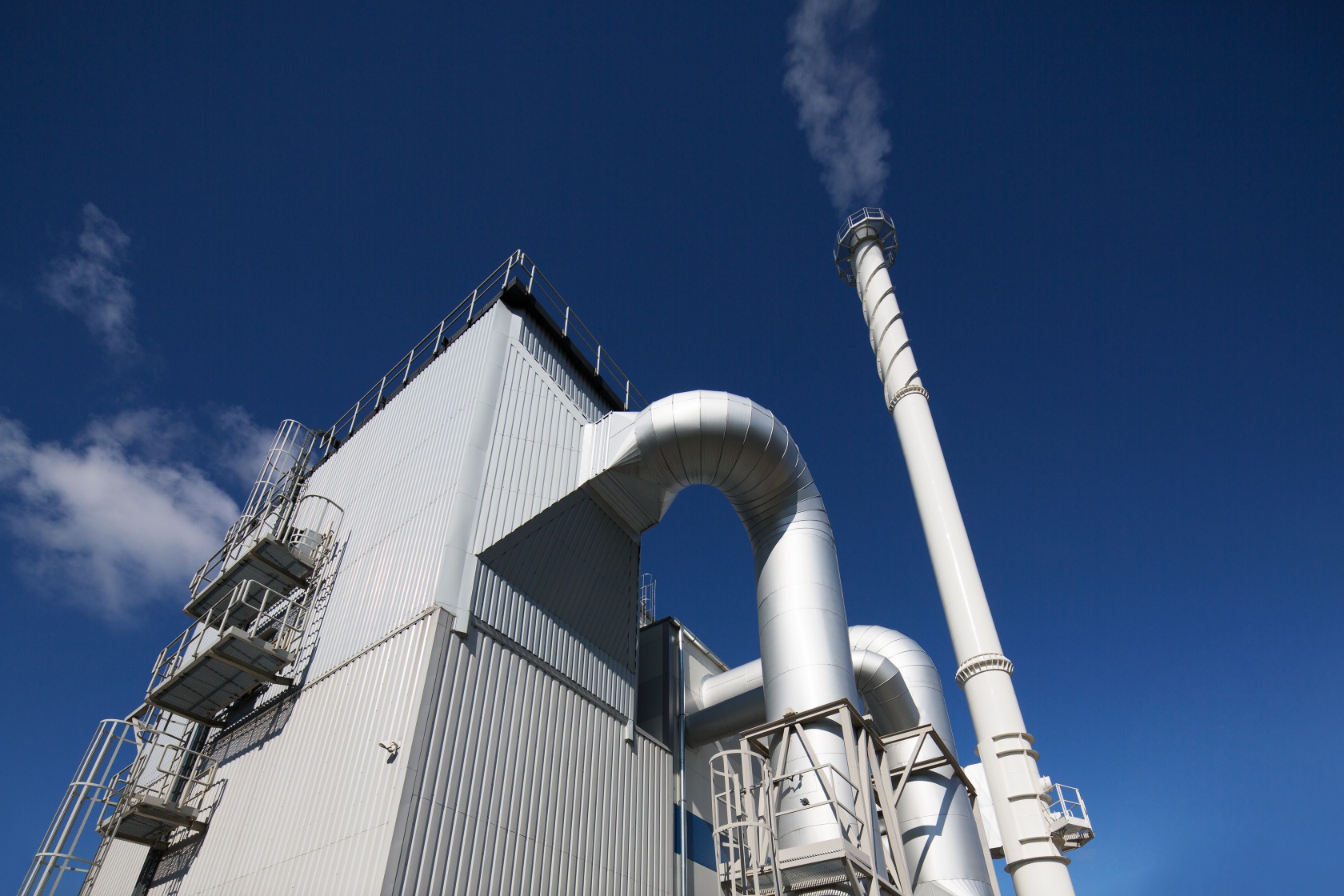Boiler Water
At Visentia we work with a consultative approach to understand your boiler system as well as you do so that our programmes are well designed, give you confidence that scale and corrosion are under control, and that your steam system is delivering optimum water and energy efficiency. It starts with chemicals, however, product dosing and control, regular onsite testing and review of historical operating trends are important parts of our boiler water treatment programmes. When required Visentia’s service can include technical audits, training, troubleshooting and guidance on measures you can take to reduce energy, water and chemical use.
 TECHNICAL CONSIDERATIONS
TECHNICAL CONSIDERATIONS
In many industries, the steam boiler is at the heart of the manufacturing process producing energy in the form of steam for heating of operations and/or to generate electricity through a steam turbine. Therefore, it is critical to keep the boiler in good operational condition since failures can lead to plant shutdown and production losses. Steam boilers are used widely in the industry since they facilitate simple and efficient distribution of energy within the plant owing to water’s unique property to absorb and release large amounts of latent heat. However, under the conditions encountered in the boiler system, water has a proclivity to corrode metal surfaces and form mineral scales and deposits. Apart from the boiler itself where steam is generated, there are many other ancillary areas of the steam system such as deaerators, pre-heaters, economisers, superheaters, heat exchangers and condensate handling systems, which need to be considered.
Over the entire system, there are a wide variety of flow, pressure, temperature, chemistry and phase changes taking place, which create challenges for the water treatment programme. Water chemistry is sensitive to physical factors such as variation in heat fluxes, flow conditions and phase changes occurring within the boiler and the localised concentrating effect on soluble and suspended materials. Boiler water is characterised by the natural impurities inherent with the source of water being used to feed the boiler, impurities that ingress into the system (e.g. air, process contamination and treatment chemicals themselves) or from impurities that are generated within the steam system such as corrosion products (e.g. metal oxides). Imbalances in water chemistry can cause the formation of hard mineral scales, deposits and corrosion of the boiler and steam system metal surfaces. Left unchecked, these conditions ultimately lead to reduced thermal efficiency, poor steam quality, tube failures, increased maintenance, reduced asset life and increased costs.
